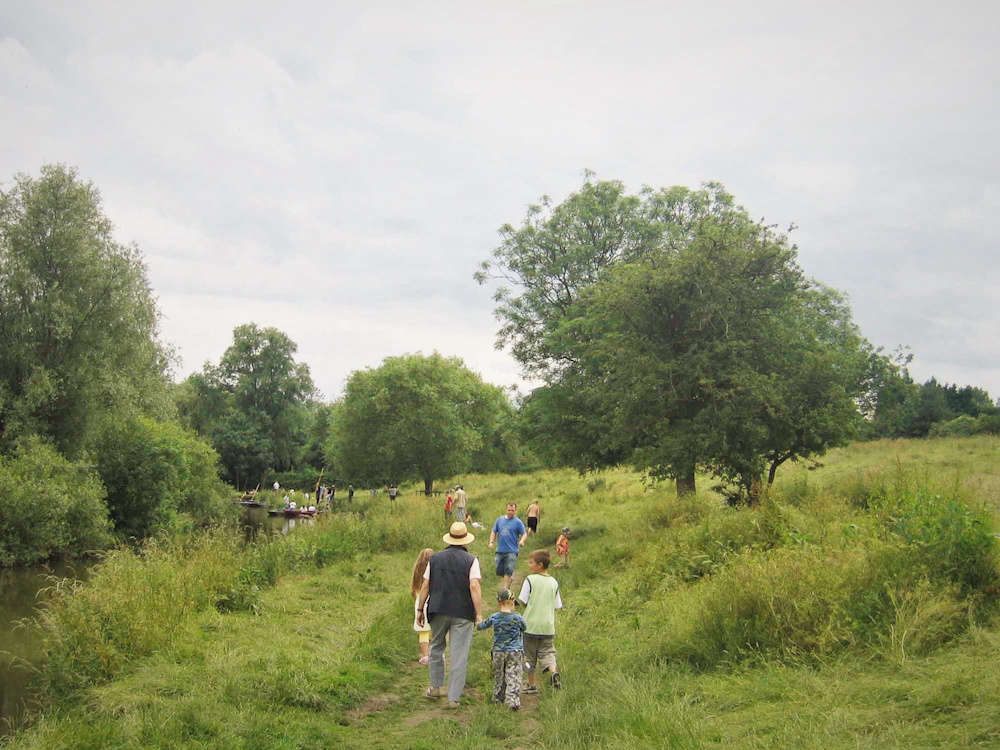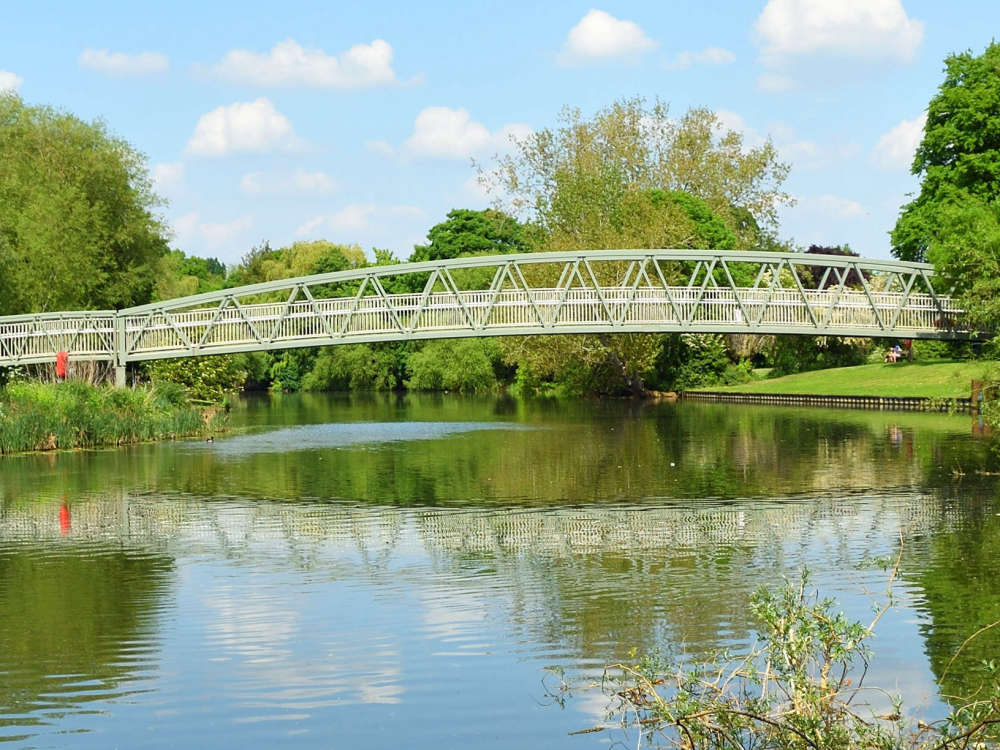CAMBRIDGE city councillors have given the green light to £305,000 funding for eight projects aimed at improving the lives of Cambridge residents who are hardest hit by the high cost of living.
The money is being allocated to the eight schemes from the council’s Sharing Prosperity Fund, which was set up to pay for initiatives that fall within the scope of its Anti-Poverty Strategy.
Since 2014, a total of £1,329,000 has been allocated to 25 projects aimed at tackling poverty in Cambridge as part of the strategy.
The initiatives that will benefit from future funding are:
1. Cambridge Street Aid (£14,292 in 2018-19)
The money will pay for a new part-time coordinator to recruit and train a team of volunteers to extend this programme of support for people sleeping rough. Street Aid has already raised more than £25,000 in public donations which is being used to provide grants for people sleeping rough, enabling them to take part in training, employment and wellbeing activities.
2. Fuel and Water Poverty Officer (£40,000 in 2018-19)
The council’s Fuel and Water Poverty Officer has made over 220 home visits since April 2015, advising residents about energy and water efficiency, with more than 286 residents taking up energy or water saving measures, saving residents an estimated £174,000 from their annual bills. The £40,000 allocation will be used to cover the cost of the existing post.
3. Digital Access Programme (£112,000 from 2018 to 2020)
An existing digital access programme is in place that is geared to increasing access to the internet and boosting basic digital skills for low income residents. This funding will support continued activity by the council, Cambridge Online and other partners.
Universal Credit Outreach (£78,000 from 2018 to 2020)
A new skilled financial advisor will be funded at Job Centre Plus to support households impacted by the rollout of full service Universal Credit from October. The Cambridge Citizens Advice Bureau (CAB) advisor will work for up to five hours per day, five days per week to help people maximise their incomes, reduce outgoings and provide other financial support.
5. Outreach advice project in health centres and other settings (£35,000 in 2018-19)
The money will help to pay for a full time generalist advisor at Cambridge CAB working to support people who present with mental health problems resulting from debt, employment and other welfare rights matters.
6. Living Wage campaign and engaging businesses in poverty (£20,000 in 2018-19)
Since November 2014 the council has funded a part-time officer to promote the Real Living Wage, providing direct support to half of the 56 employers in Cambridge now accredited with the Living Wage Foundation. This funding will pay for the continuation of the existing post.
7. Active in Cambridge (£30,000 in 2018-19)
Money will be used to continue the existing programme of affordable and accessible physical exercise opportunities for residents with the greatest financial or health needs. These include subsidised or free swimming, a free exercise referral service that will be extended to four new GP surgeries and expanding the Street Games weekly sessions for young people aged 11 to 24 to King’s Hedges and Trumpington (in addition to Arbury).
8. Cambridgeshire Culture Card pilot (£30,000 in 2018-19)
The Culture Card pilot aims to increase participation in arts activities by children and young people, particularly those from low income families.
This funding will pay for prototype testing of the card with around 60 young people in Trumpington Community College and their parents.
Cllr Richard Johnson, Executive Councillor for Communities, said: “I am pleased these excellent initiatives will get the funding they need to continue helping local people.
“Our Anti-Poverty Strategy aims to help and support people who are experiencing hardship and it is clear that our work, ranging from increasing incomes by promoting the Real Living Wage to employers, to helping reduce utility costs for low income families, is making a difference.
“We know that while the Cambridge economy continues to be successful, some residents continue to face poverty and inequality. That is why we remain committed to working with others to support those who need our help most.”
Councillors approved the recommendations in a report, Allocation of Sharing Prosperity Fund at Community Services Scrutiny Committee on 15 March.


 Cambridge business targeted by raiders twice in 24 hours
Cambridge business targeted by raiders twice in 24 hours
 Grantchester Meadows to enjoy bright future
Grantchester Meadows to enjoy bright future
 Flying Scotsman returns to Cambridgeshire
Flying Scotsman returns to Cambridgeshire
 Man found stabbed in St Neots car park
Man found stabbed in St Neots car park


